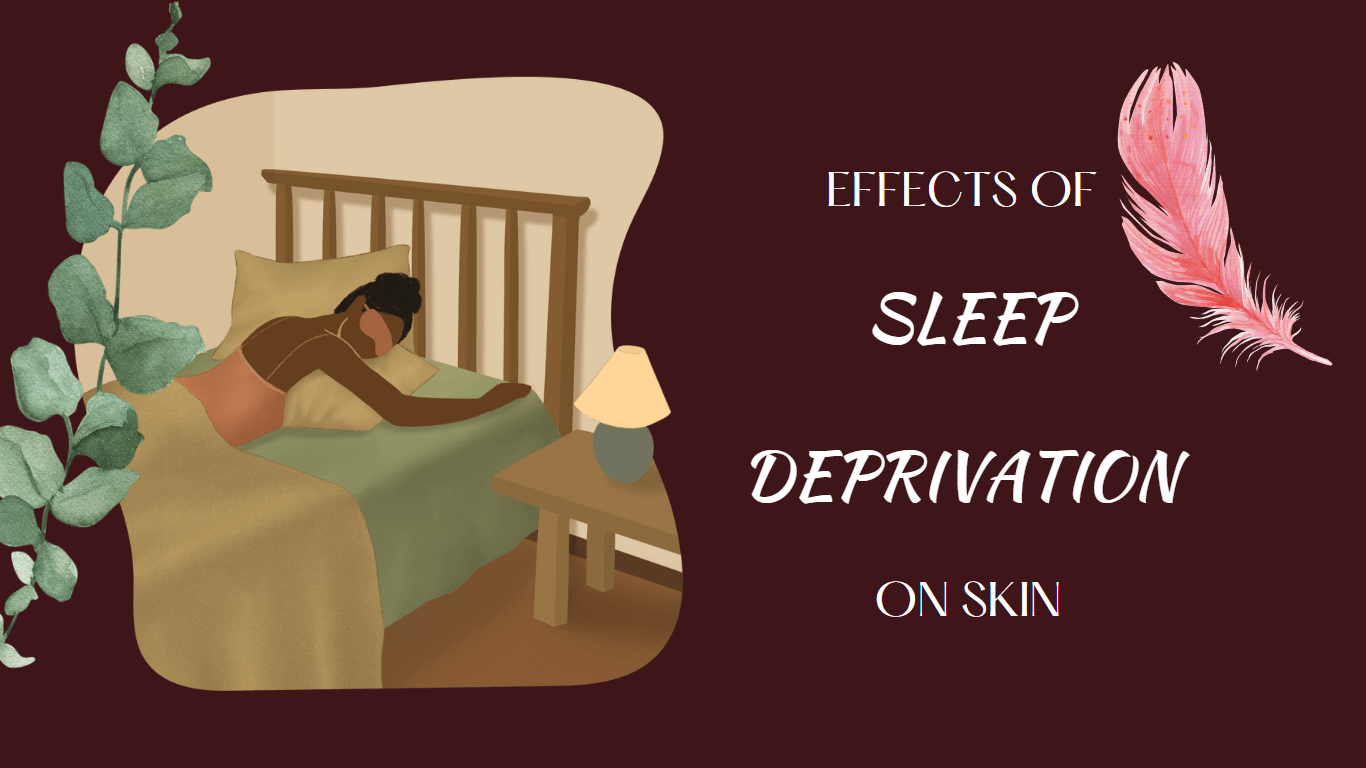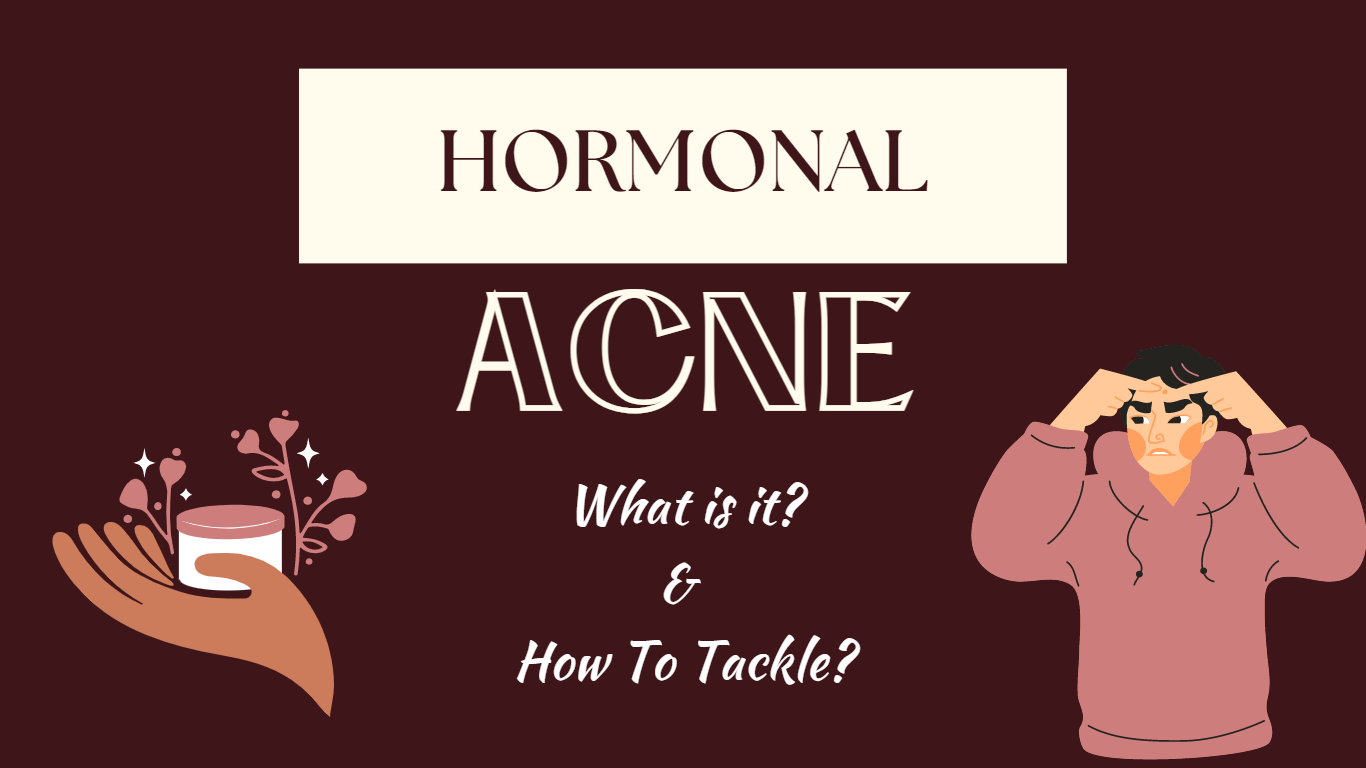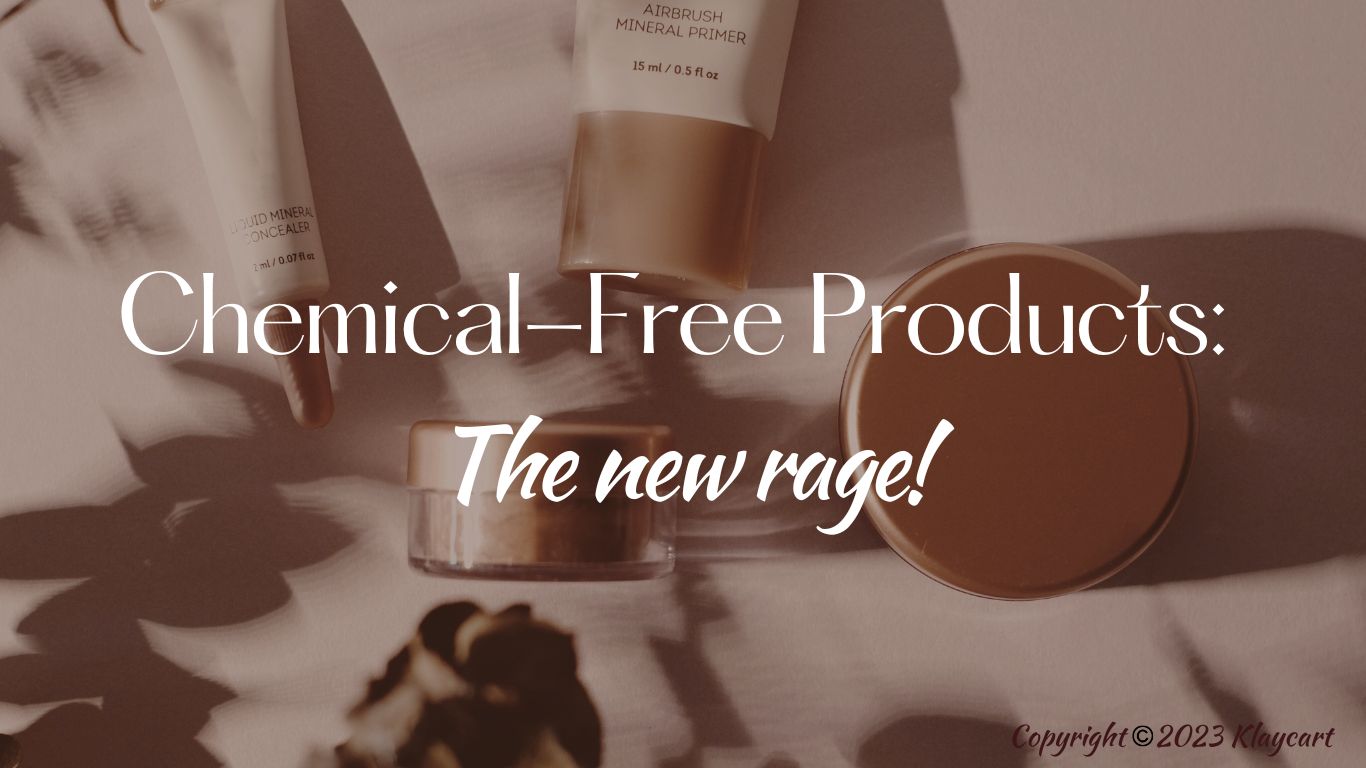Sleep is essential for all living things' physiological, cognitive, and behavioral processes as well as for their long-term health and wellbeing, which has an impact on different aspects of our internal and physical functioning. In today’s fast-paced life, lack of sleep has become a significant social issue, and it frequently leads to some serious health issues in such people. Likewise, numerous people are getting concerned about the changes in their observable appearance due to their lack of sleep but one area, that is frequently overlooked by them is the effect of sleep deprivation on their skin.
The skin is the largest organ in the human body and plays a pivotal role in a person’s observable appearance. Sleep-deprived people appear to be less healthy in comparison to the normal people with good sleeping habits due to the marked degradation in their appearance.
Conspicuously, the eyes of a sleep-deprived individual usually appear to be redder, puffier and with the patches of darker circles around their eyes, and their skin too appears as paler, with signs of aging viz: wrinkles and fine lines.
Their entire facial region, which is affected by sleep deprivation, is also an important interface for their social exchange with other people, and it's unsurprising that such people exhibit their conspicuous skin attributes as symptoms of their sleep insufficiency during such exchanges. Their other attributes include rough, dull, and dry skin as well as droopy eyelids and dark eye circles.
These skin attributes that people associate with sleep insufficiency aren't simply limited to cognitive characteristics. In this blog post, we will explore the scientific connection between sleep deprivation and skin health, pressing the common signs, long-term consequences, and tips for perfecting both sleep quality and skin conditions.
The Science Behind Sleep Deprivation and Skin Health
It is scientifically proven that during sleep, our body undergoes a process of repair and growth, and this is true for our skin too. Sleep deprivation disrupts this important restorative process, leading to its harmful effects on the skin. Researchers suggest that instances of sleep deprivation usually increase the production of stress hormones like cortisol, a known factor that sparks inflammation and vitiate the skin's natural barrier function and health. Additionally, sleep deprivation also disrupts the balance of skin’s capacity to hold moisture and eventually appear as dry and flaky, while reduced collagen production, a vital protein responsible for maintaining skin texture and firmness, leads to premature aging.
Dark Circles and Under-Eye Bags - Common Signs of Sleep Deprivation
One of the most conspicuous signs of sleep deprivation is the appearance of dark circles and under-eye bags. Lack of sleep causes blood vessels under the delicate skin around the eyes to dilate, resulting in a darker and more prominent appearance. Also, the accumulation of fluid in the area can lead to puffy under-eye bags, making one appear tired and aged. To overcome this issue, it is advisable to take proper sleep and use Eye Cream For Dark Circles for instant result.
Wrinkles and Fine Lines-The Long-term Consequences of Sleep Deprivation on Skin
Habitual sleep deprivation can have long-term effects on the skin, causing wrinkles and fine lines to appear more quickly and prematurely aging. Sleep deprivation invariably reduces collagen protein, leading to the weakening of skin's structure and making it more susceptible to sagging and wrinkling. Additionally, lack of sleep encourages oxidative stress, that too harms the skin cells and quickens aging.
Acne and Inflammation- How Sleep Deprivation Can Aggravate Skin Conditions
Sleep deprivation has been linked to an increased threat of acne and skin inflammation. Elevated stress hormones released due to the sleep deprivation can stimulate the sebaceous glands that produce more sebum, giving an oily look and leading to the clogged pores and eventually an acne breakout. Likewise, compromised vulnerable function and increased inflammation can complicate skin conditions, similar to eczema or psoriasis.
Tips for Better Sleep and Bettered Skin Health:
- Establish a harmonious sleeping schedule and try to stick to this regular sleep routine, which means going to bed and waking up at the same time each day, even on weekends too.
- Maintain a Sleep-Friendly Environment in your bedroom by ensuring that the bedroom is comfortable, dark, and quiet. Use a comforter and also consider using an earplug, if necessary, to cut down external noise.
- Maintain a good sleep hygiene by avoiding stimulating drinks such as coffee or tea around your bedtime. Rather, engage in some relaxing habits like reading or taking a warm bath.
- Prioritize Stress Reduction- Incorporate stress releasing regimen into your diurnal routine, similar to soft music, deep breathing exercises, or yoga.
- Follow a Healthy Lifestyle with Regular exercise, a balanced diet, and limiting caffeine and alcohol which can contribute towards a better sleep and overall skin health.
Conclusion and Takeaways for Optimal Skin Health -
It is needless to mention that sleep deprivation can significantly impact the health and appearance of our skin. From dark circles and under-eye bags to wrinkles, fine lines, and increased acne, the consequences of sleep deprivation are apparent. By understanding the scientific link between sleep and skin health, we can prioritize quality sleep as an essential part of our skincare routine. Incorporating healthy sleep habits, managing stress, and espousing a balanced life won't only promote better sleep but also contribute towards an advanced skin health, leading to a more vibrant and youthful complexion.
Investing in a good night's sleep isn't just about feeling rested; it's also about nurturing your skin and supporting its natural revivification process. So, prioritize your sleep and see the positive impact it can have on your overall health.




Leave a comment
All comments are moderated before being published.
This site is protected by hCaptcha and the hCaptcha Privacy Policy and Terms of Service apply.